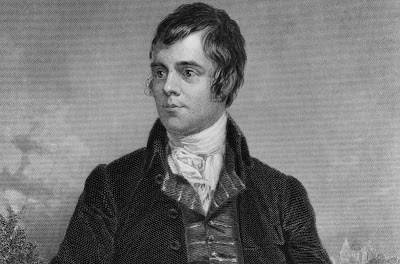My Scotia ARTS BLOG from 2007 PKIMAGE musicfootnotes - http://www.musicfootnotes.com - which has had over a million hits and interest worldwide.
*PHOTOGRAPHY - I’ve been pursuing photography since 2008 and have had images published in various media including print media and tv. I cover major arts festival, such as Celtic Connections and Edinburgh book festival. My main interest is portraiture, street photography and music. I was using Canon MKIII, but I’m now using a smaller Sony a7 and enjoy my prime lens and a portrait lens
*IMAGINING SCOTIA I’m proud Scotland has leading universities and innovative scientists, I’m proud Scotland has major international festivals and a vibrant successful creative community of artists and musicians. I’m proud Scotland has a wealth of resources – whisky, quality food, and the potential to be a world leader in renewables.
I grew up in Edinburgh, lived in America ten years and now live north of Glasgow, which I hope gives me unique perspectives. I never realised I should be a Proud Scot though until recently.
Scotland boasts historic universities - the 4 oldest UK universities. innovations,
I support self-determination for a socially democratic and greener Scotland.
Recent BLOGS - Celtic Connections 2024 announced; Songs Make a Nation, Images Scotia from Enlightenment to Kailyard, Edinburgh festivals 2023, Tom Nairn, To set up Scotland’s very own Media,
**PLEASE ADD my new Facebook page –
IMAGINING SCOTIA ARTS & MUSIC – https://www.facebook.com/profile.php?id=61552543028198
To pursue my interest in Scottish arts, culture and history
An online page for my Photos, blogs, events and other ramblings – on all things Scottish –
Hope the LINK works! Pauline
My previous SCOTTISH MUSIC & ARTS BLOGS
Had over 800 followers, around 50 photo albums and over 12 years of posts! As I no longer have access to this page due to being hacked, I have set up a new Scottish arts page
.jpg)
.jpg)








.png.article-962.jpg)
